In 2050, it is said that there will be more “climate refugees” who have lost their homes due to the impact of climate change, as well as emigrants who have been forced to leave their countries due to political problems. There may also come a time in the future when people live in floating mobile houses that drift across the world’s oceans. These groups of people could become like sea nomads, forming a unique ecosystem in which they coexist with the natural environment.
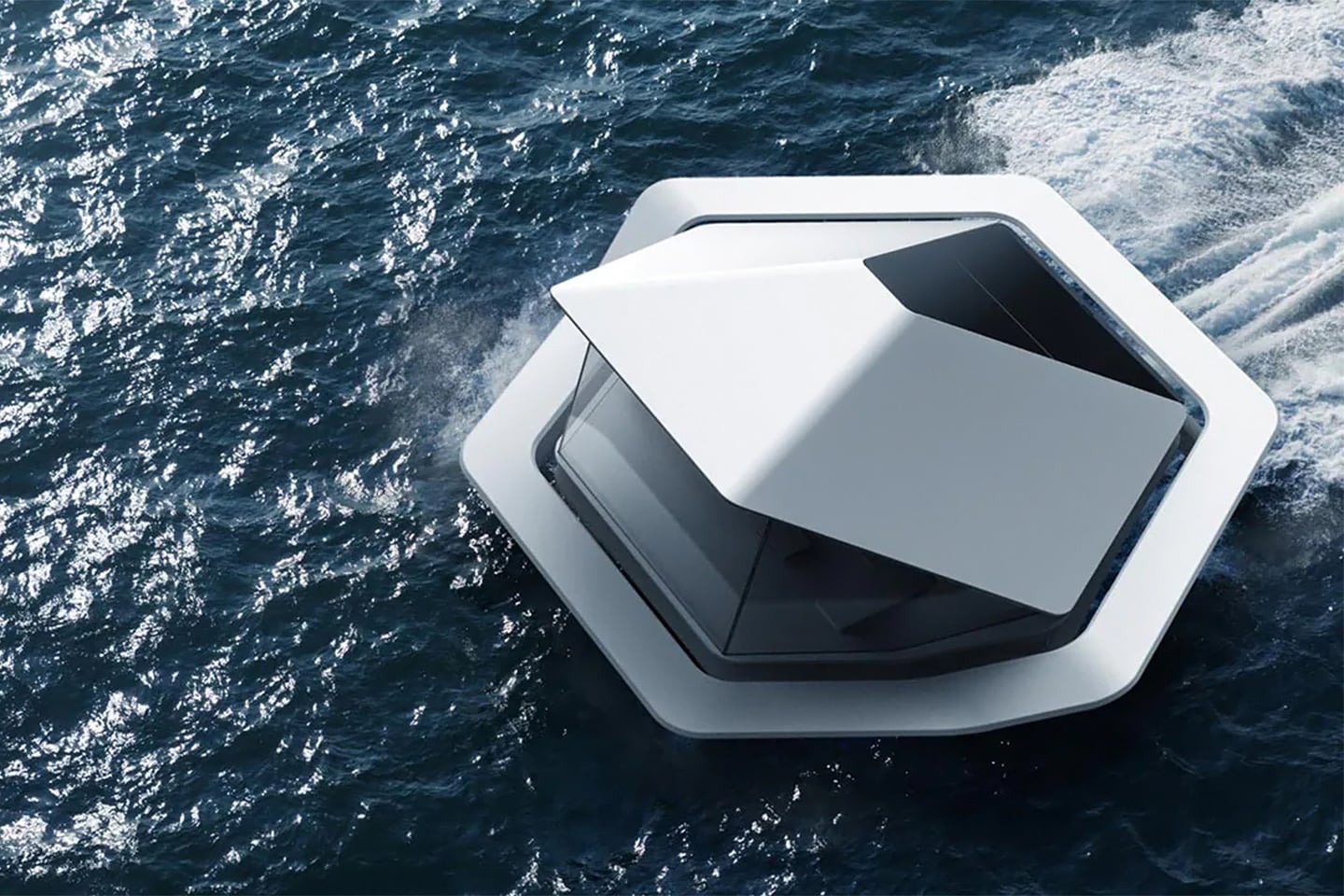
When people from a wide range of cultural spheres are living on the ocean, how do people coexist with other people or with the environment? This design prototyping examines people’s life at sea in 2050 and the ecosystem they create from the perspective of housing.
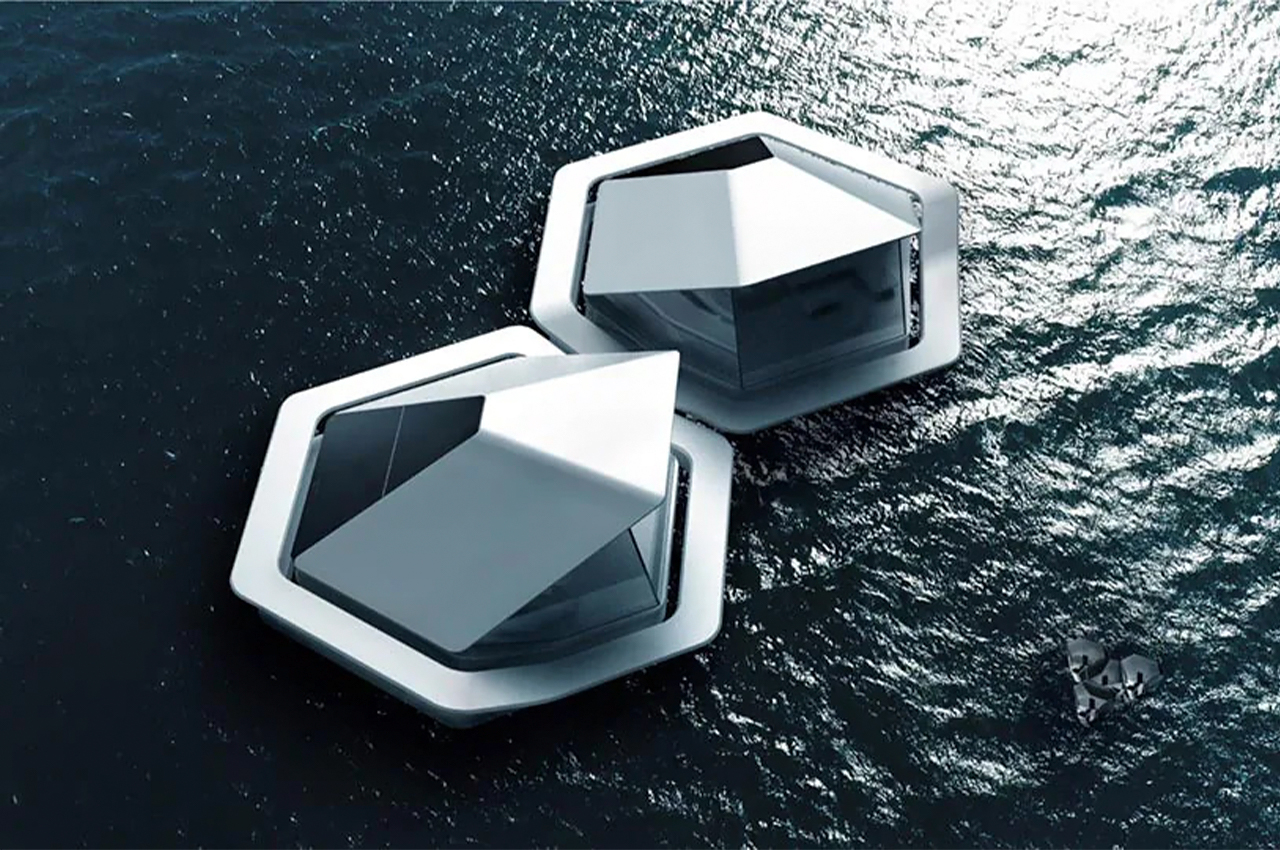
People who live on water inhabit floating mobile houses that can travel freely on the sea, depending on the weather, ebb and flow of tides, and time of the day. They may move in search of food to a place where there is a school of fish, and they may also connect with houses of different “sea cities” to interact with people with different cultures and values. People’s mobile lifestyle will make urban ecosystems more fluid.

Floating mobile houses are housing for use at sea, equipped with an engine with a cleaning filter, sail, and stabilizers in the living space. The variable roof can be folded up in a storm to avoid the wind and erected to use the wind as a power source when traveling. The two-story structure is divided into a public space above the water and a private space underwater.
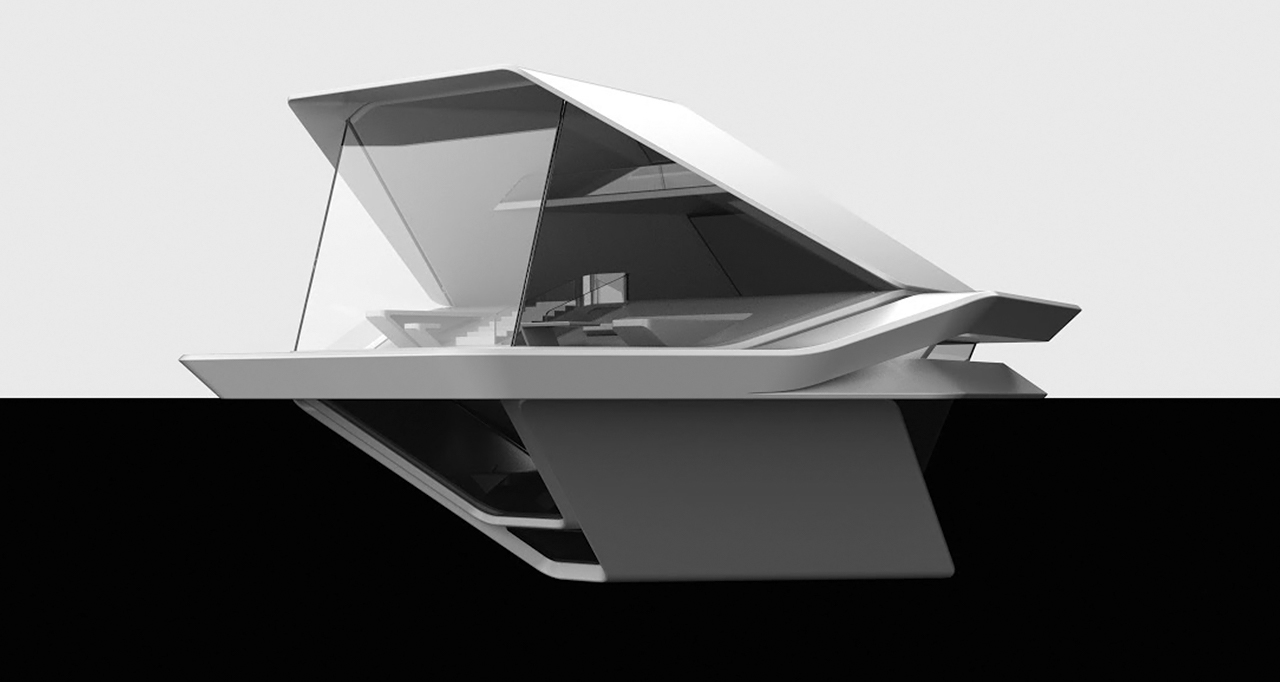
The house uses solar panels for some of its materials and produces the electricity used by the inhabitants. The electricity generated is stored in an energy tank containing water as thermal energy, which can be retrieved as electricity when needed. For houses that need more electricity, an energy tank can be autonomously connected to supply energy.
Designer: Sony

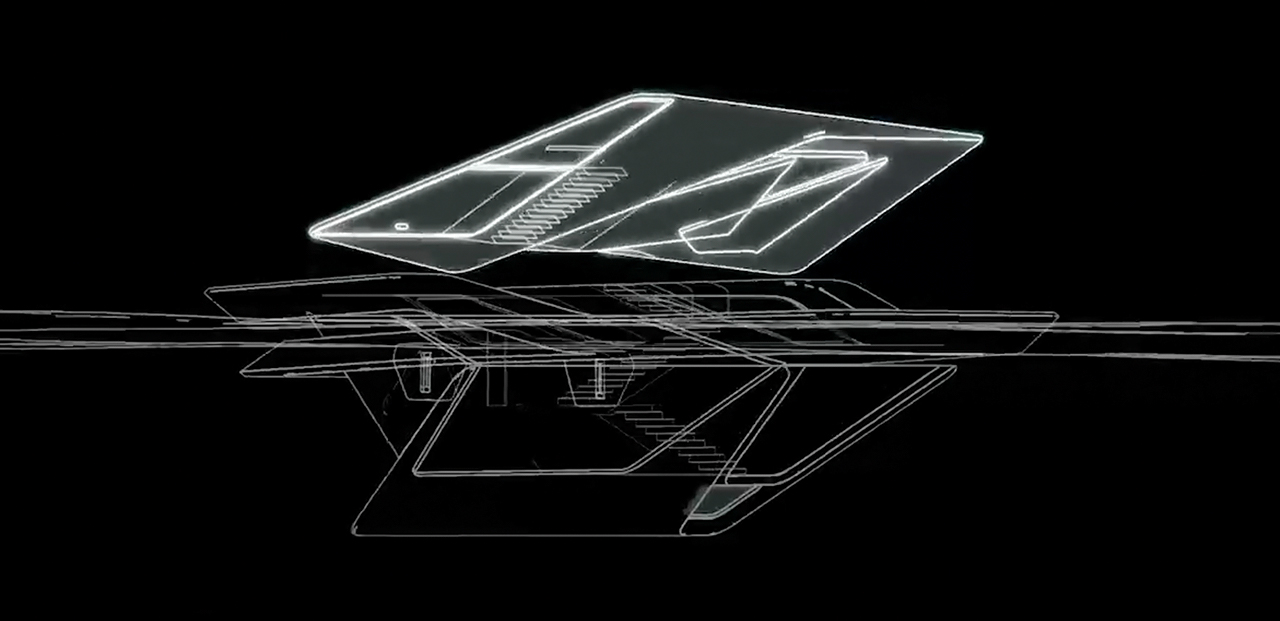
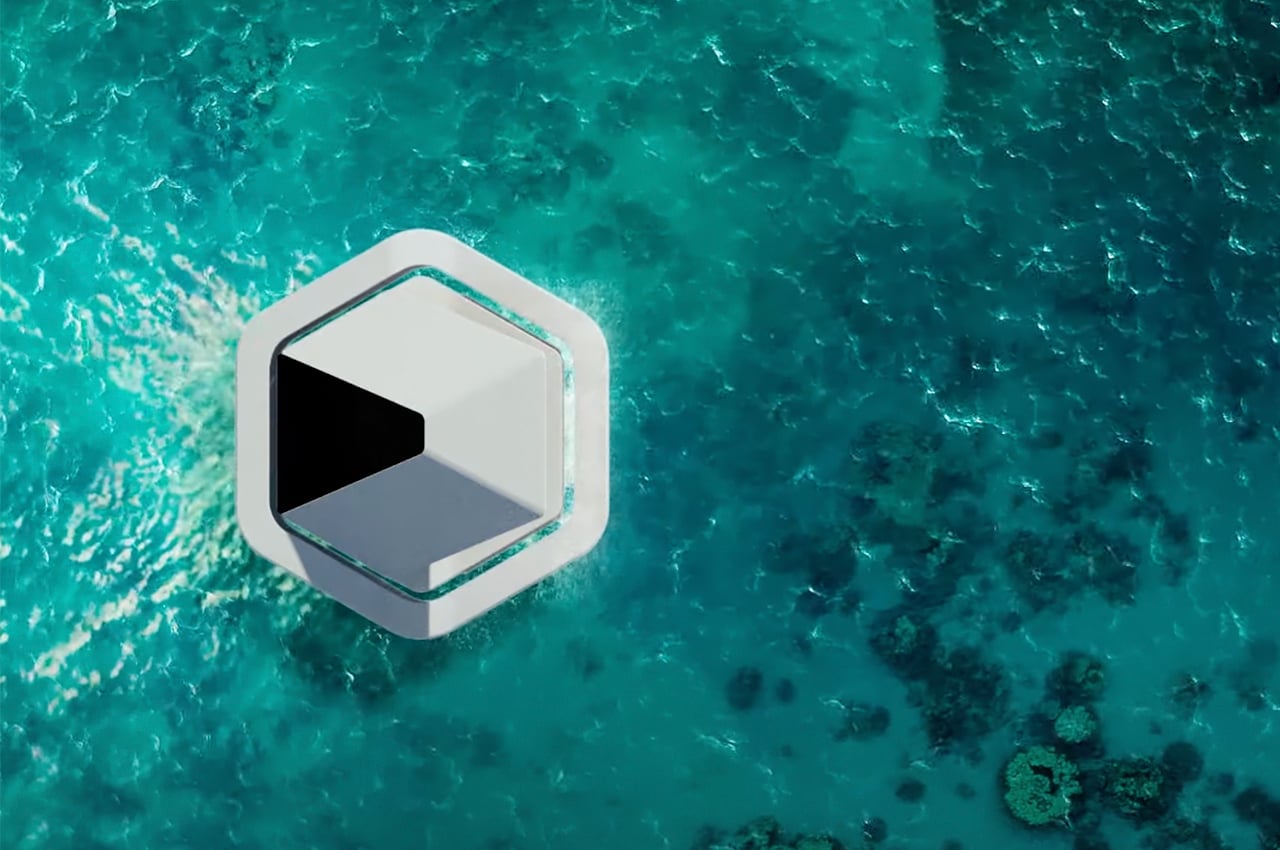
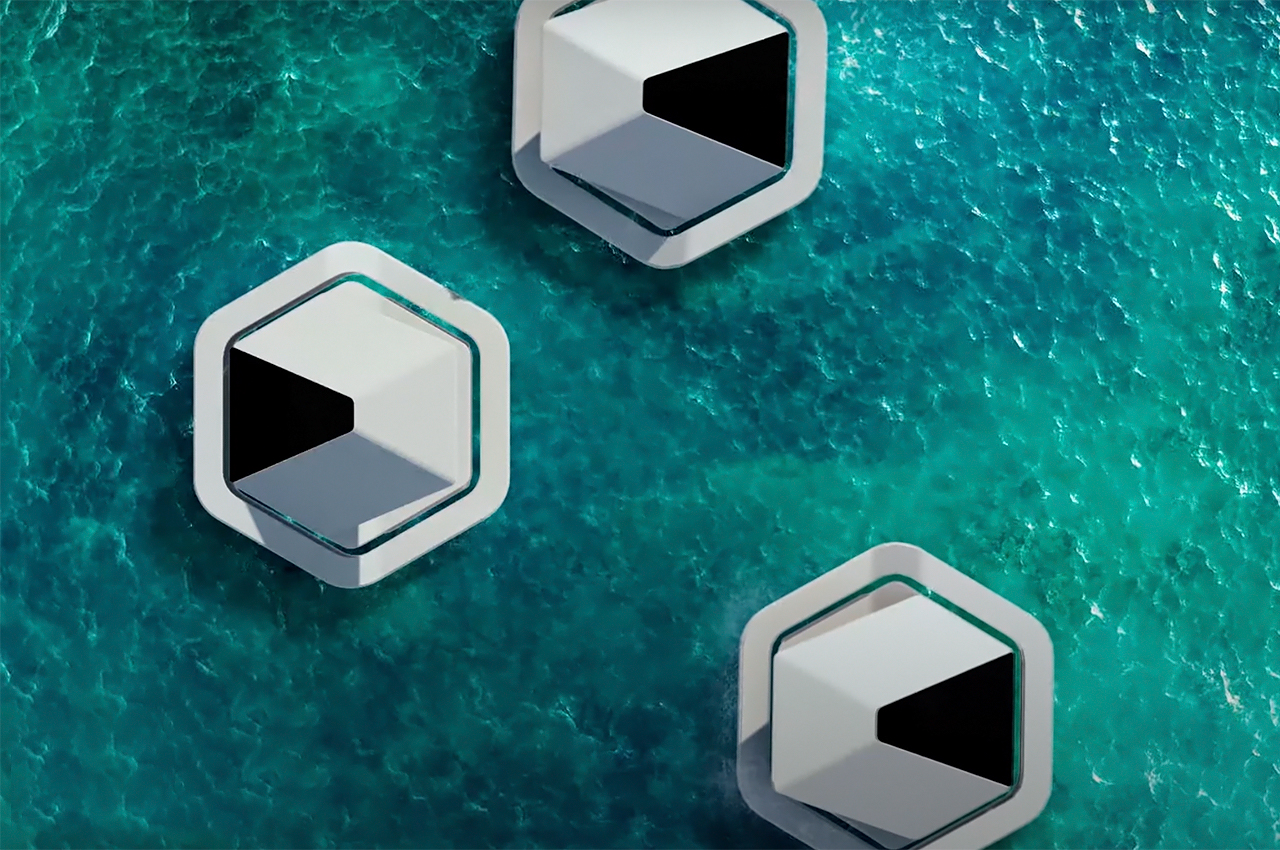
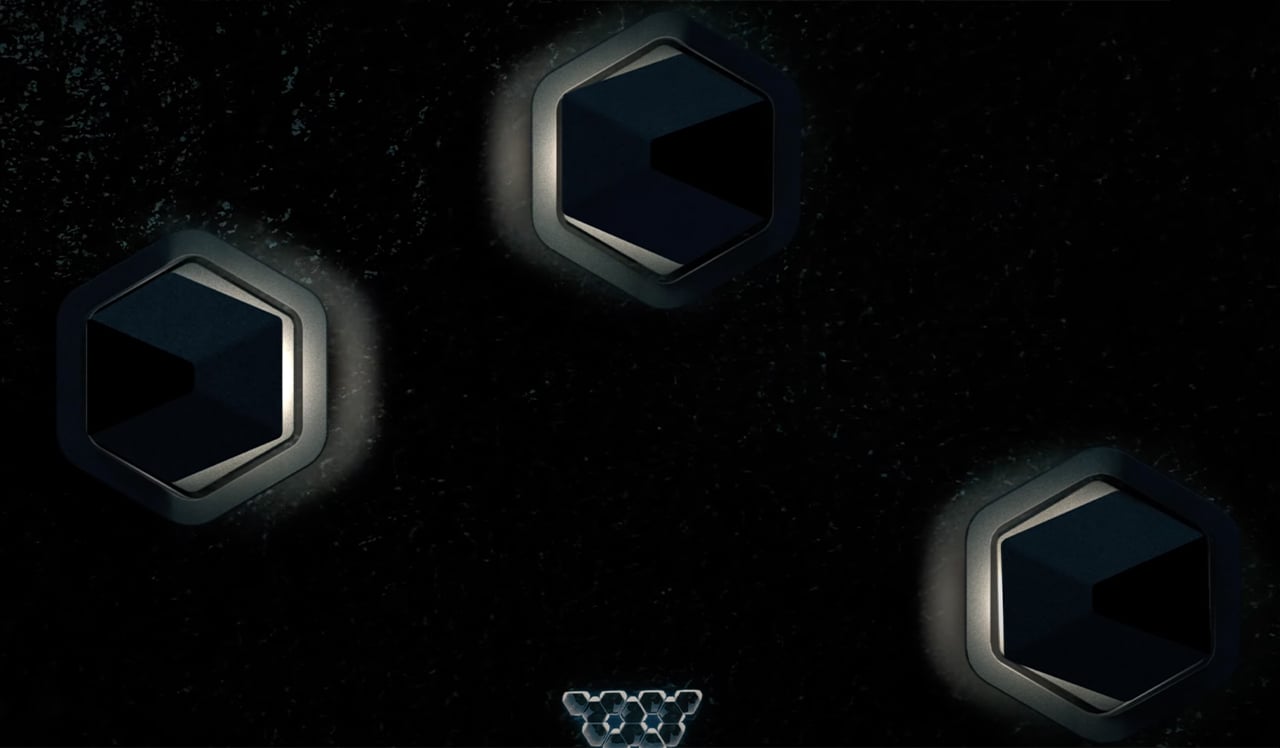

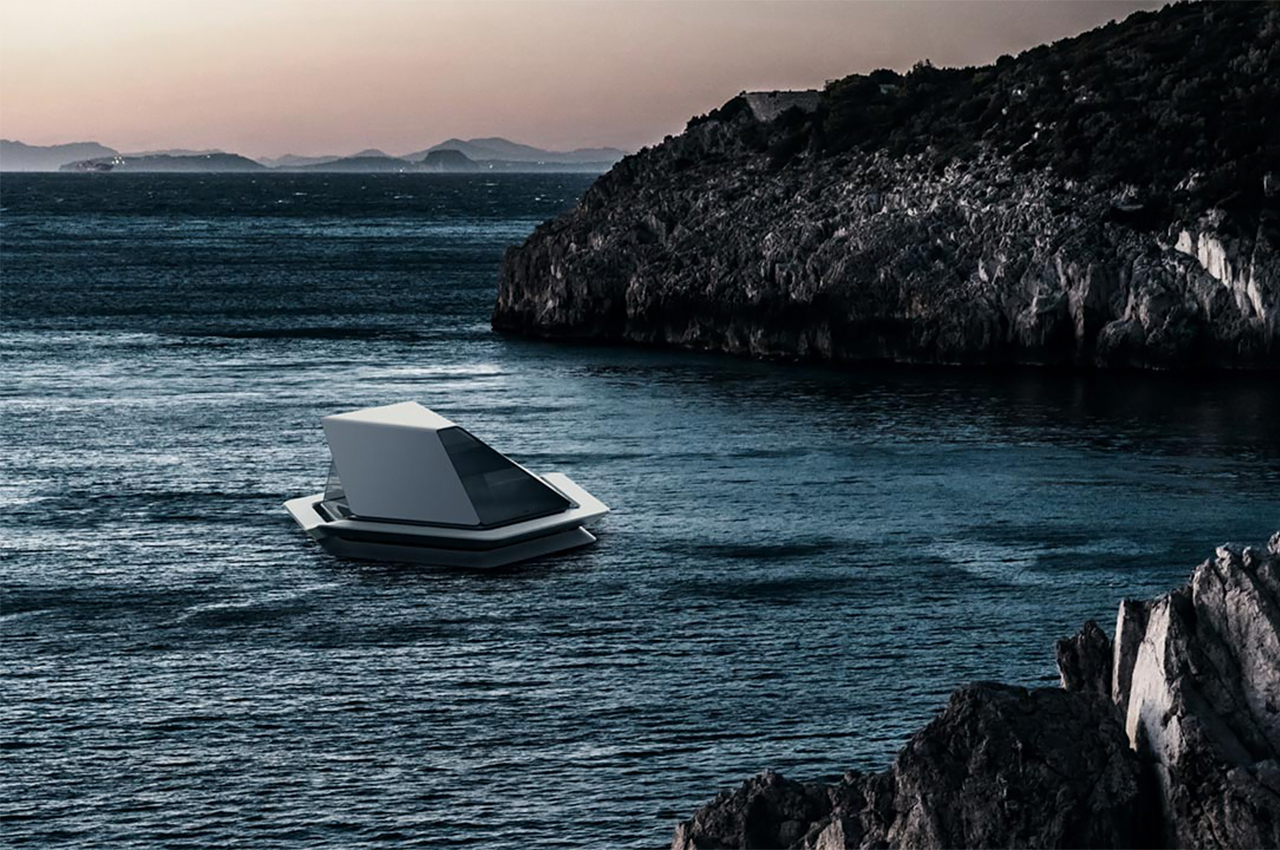
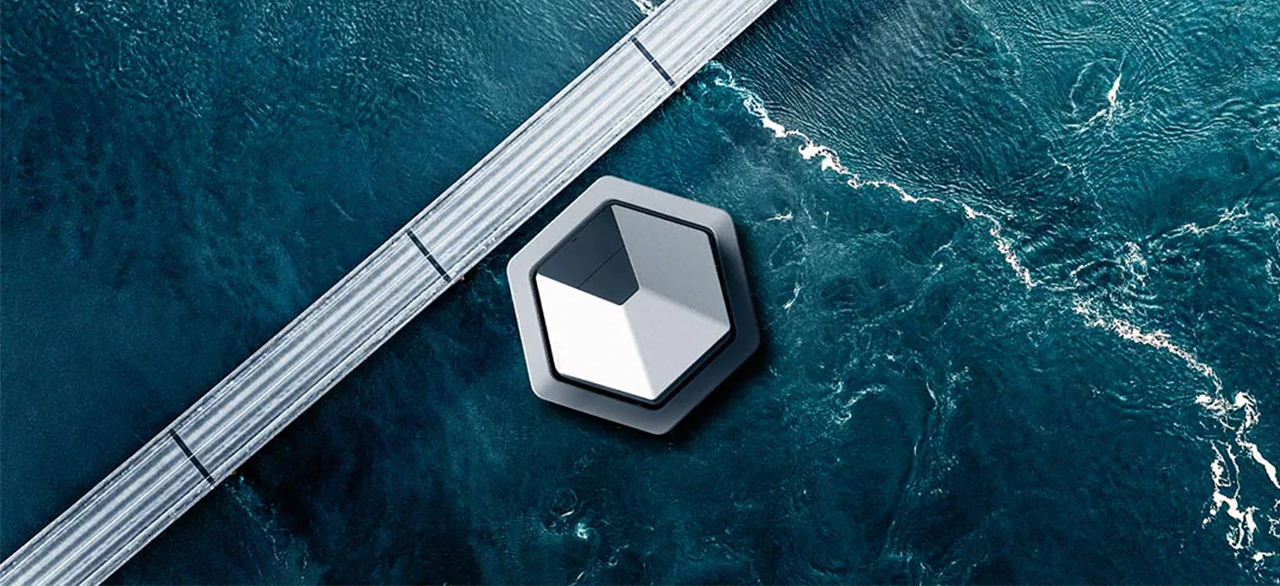
0 Commentaires